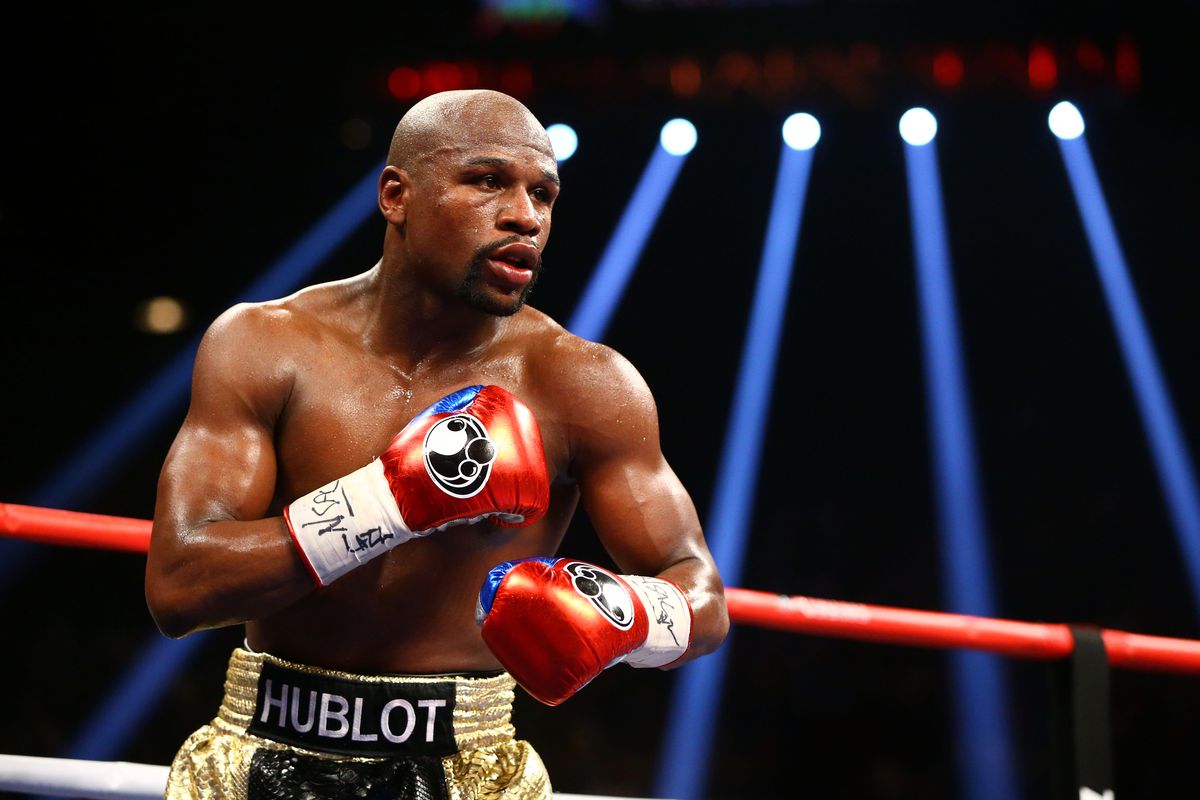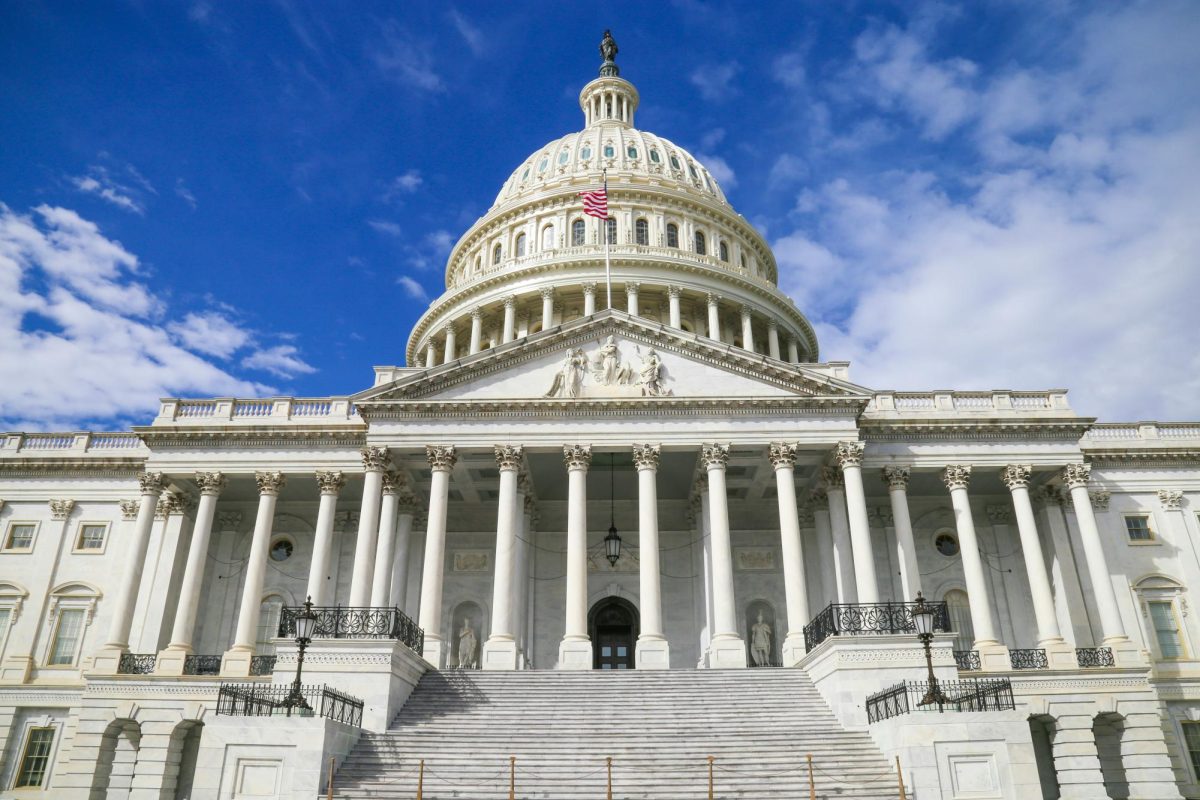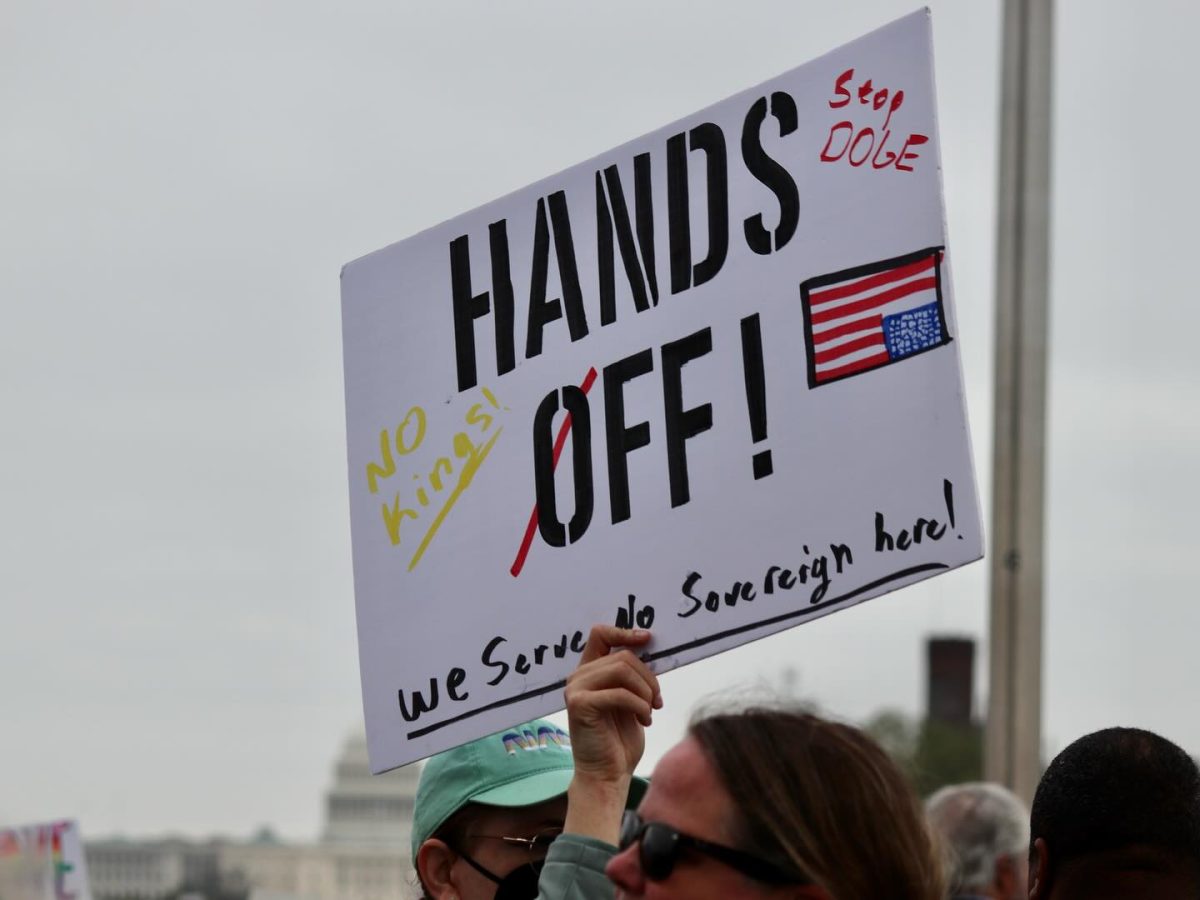In 1978, Muhammad Ali and Joe Frazier faced off in New York City’s Madison Square Garden arena for “The Fight of the Century.” In over 50 countries, an estimated 300 million people tuned in to watch the undefeated boxers battle for the title of champion heavyweight boxer of the world. Ali was known for his political activism and strong opposition to the Vietnam War, while Frazier was recognized for his difficult upbringing and hard-working character. Throughout promotional efforts leading up to the fight, Ali labeled Frazier as a pro-government “Uncle Tom,” spurring a deep-seated and bitter rivalry between the two boxers. For Americans, Ali vs Frazier wasn’t just a fight — it was a political proxy battle representing a divided country.
Unlike the golden era of the 1970s, professional boxing today feels hollow. Modern boxing has lost its former glory, primarily due to fragmented organizations, excessive title belts and counterproductive financial incentives. Boxing associations should address these issues to restore the sport’s former glory.
From the 1920s to the 1960s, there was one main professional boxing organization (The National Boxing Association) and only one champion belt. Since 2004, there have been four major sanctioning bodies: the World Boxing Association (WBA), the World Boxing Council (WBC), the International Boxing Federation and the World Boxing Organization (WBO). Each organization awards its own champion belt, resulting in four potential simultaneous champions. As a result, most of the world’s best boxers never fight each other because they have their champion titles in different leagues.
The leagues have further convoluted the title system by introducing different variations of each title. In the early 2000s, the WBA created a split championship system with a “super” and “regular” belt. The “super” champion is the primary champion, while the “regular” champion is only recognized by all organizations if the “super” spot is vacant. In 2019, the WBC created a “franchise” belt as an honorary title for elite fighters and a “silver” belt as an interim title for temporary champions. The appeal of other major sports awards like the NFL Lombardi Trophy or the MLS World Cup is that only one team can win per year. Major sports events like the Super Bowl bring in more views because sports fans know they get to watch the two best teams against each other. With so many boxing world champions running around, each one seems more unimpressive than the last, subtracting from the reputations of every top boxer in the world.
Many fans see the constant addition of new titles for what they really are — a blatant cash grab. Every boxer who wins a title match has to pay extra sanctioning fees, which can cost up to 10% of their purse. To even create a title fight sanctioned by one of the organizations, promoters have to pay an additional upfront fee. More titles mean more title matches, which means more fees for the sanctioning bodies. Even boxing legend Floyd Mayweather Jr. called out the organizations for having “too many belts.” In 2015, the WBO stripped Mayweather of his title after he failed to pay the demanded $200,000 sanctioning fee for his victory over former welterweight champion Manny Pacquiao. Mayweather already had a world champion title with the WBC and decided that the money required for his new title wasn’t worth it.
Sanctioning fees also discourage boxers from winning their champion title with every organization. If a boxer holds all four world titles simultaneously, they earn undisputed champion status. The process to achieve this is called title unification, and it requires promoters to pay a certain percentage of their purse to each of the four organizations, significantly increasing the cost of the fight. The sanctioning bodies will even use underhanded tactics to strip boxers of their belts post-unification, opening up opportunities for new title fights — and more sanctioning fees.
Another thing ruining the allure of boxing is the amount of undefeated boxers at the top levels. In 2022, 33% of the top 10 boxers in each weight class were undefeated. Compared to the UFC’s 6.5% that same year, it’s easy to see why the significance of an undefeated record in boxing is much less impressive.
The prevalence of undefeated records in boxing can be traced back to Floyd Mayweather Jr., who retired with a 50–0 record. Mayweather’s immense popularity and lucrative career earnings inspire many pros today to strive for undefeated records. Unfortunately, this motivates pro boxers to fight weaker opponents instead of trying to climb to the top, making the sport even more tedious to viewers.
In addition to the negative impacts of record protection, petty promoter politics have made big fights more challenging to organize. Three main television networks feature boxing matches: ESPN, DAZN and Showtime. Different promotional bodies organize fights and work with the network to broadcast them. Popular boxers sign contracts with these bodies, and promoters will set up their fights for them in return. Each promoter stays loyal to one of the three networks, so plenty of issues arise when boxers signed to rival promoters attempt to organize a fight.
The most recent dispute occurred when promoters negotiated a rematch between heavyweight fighters Oleksandr Usyk and Tyson Fury. Fury’s promoter, Frank Warren, explained how petty the negotiations can get, citing how he had to settle disputes over everything from “who walks first” to the order of “who steps on the scales.”
The difficulty that comes with organizing big fights leaves boxing fans hungry for entertainment, including Whitman junior Van Hekimian.
“I think sometimes boxing organizations forget that famous boxers are popular because people actually like to see them fight,” Hekimian said.
Today’s boxing world prioritizes internal politics and profit maximization over meaningful fights that once had the sport near and dear to sports fans’ hearts worldwide. Boxing organizations need to focus more on what their fans want if they want a chance at reviving the sport.



















Samuel R Price III • Mar 18, 2025 at 10:35 am
Please only 1 boxing org. Ridiculous they have four stupidity .